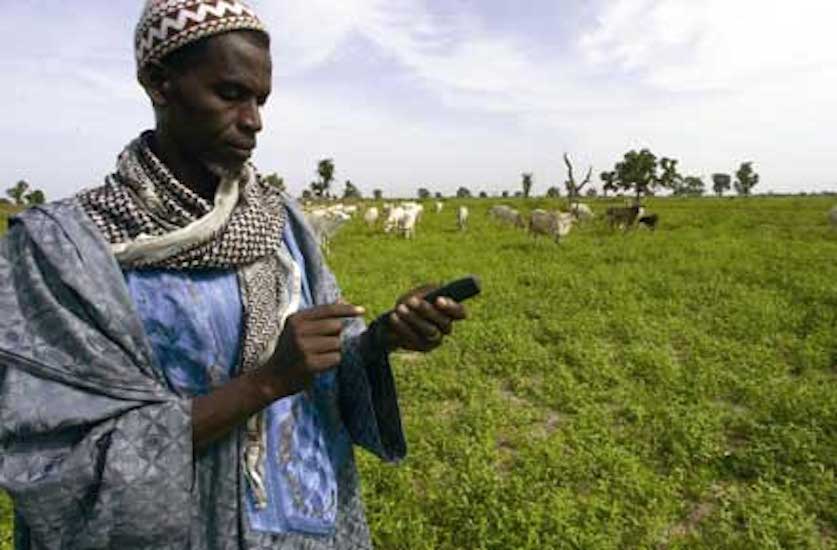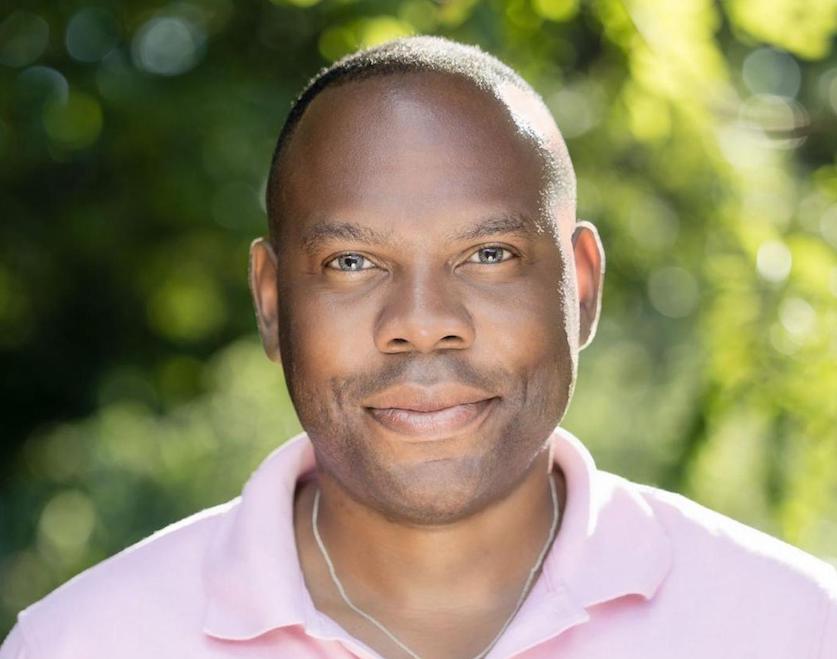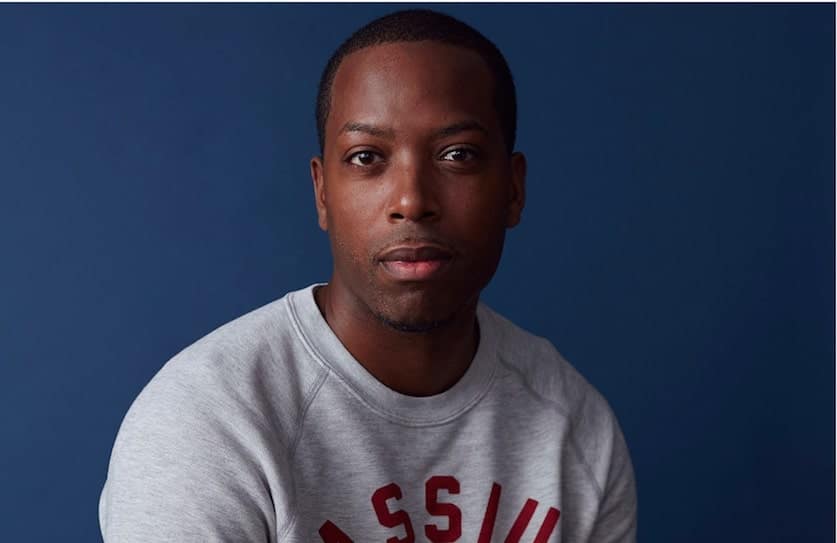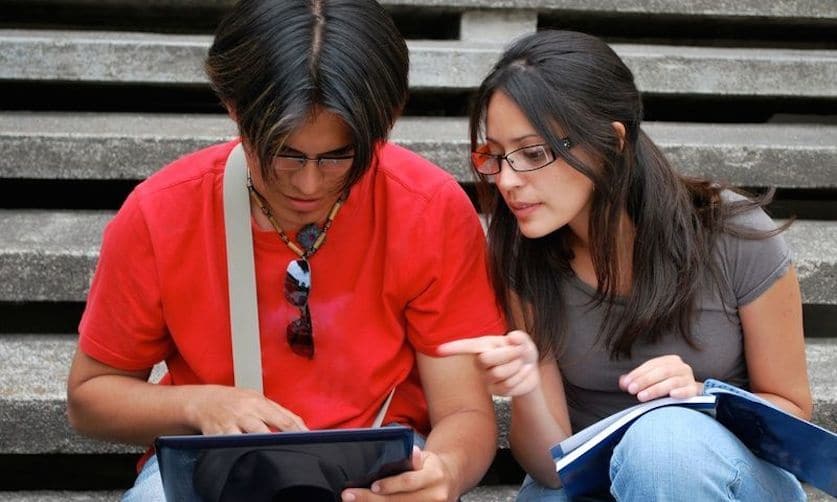
11 Early-Stage Brazilian Tech Startups To Watch
July 8, 2015
Facebook In Africa: Social Media Network Faces Challenges Reaching Rural Populations, Experts Say
July 8, 2015I am so sorry. We have let you down. Not all of us but enough of us. In our quest to pursue the American Dream, we stopped teaching. We stopped talking. We stopped sharing our stories.
My grandparents were instrumental in my upbringing. My grandmother had an eighth grade education. I sat at her feet and listened to her talk about her life. My grandmother was a maid. She cleaned the homes of white families, often taking care of their children and her own. With her limited education and career options, my grandmother was one of the most brilliant women I have known. Her stories empowered me to understand the possibilities and the pitfalls of being a woman of color in this country.
When I was a teenager, I remember my mother and other female relatives sharing with me. I had the chance to listen to a story about their experiences in high school during the 1960s when several students were dealing with police brutality in Shreveport, Louisiana. George W. D’Artois, Commissioner of Public Safety, rode through Booker T. Washington High School on horseback to keep students in check that wanted to protest. I remember listening to these stories with such interest and recognizing the difficulties that we as a people went through.
I left Shreveport, Louisiana, and moved to Texas in the late 1980s because my family thought I would have better career opportunities and I attended college in the DFW area. Dr. Marvin Dulaney was my professor and mentor. He taught African American studies and his lectures blew my mind. I learned so much about what my people endured, experienced, and had to overcome. He gave me a thirst for my history and because of what I learned; I became involved on campus in organizations that helped my community. These experiences, these stories are the lens I view the world through. They serve as my foundation and they have helped me navigate the good, the bad, and the ugly. These stories gave me hope and sometimes angered me resulting in my action in collaboration with others.
I am sorry because somewhere, somehow the ball was dropped. We stopped telling stories. We lied and told you that everything was done, that the struggle was over. And in some ways we have accomplished so much and in other areas we have such a long way to go. In 2015, we are still accomplishing firsts. We are still fighting to be treated equally and to have access and availability to opportunities to excel. One of my students at UTA told me that her grandmother will not share any of her stories because they are too painful and yet this student is facing some of the same injustices I can imagine her grandmother faced.
We cannot stop the stories, the sharing of our successes and our failures. I don’t know if it is because we have disconnected from the stories and identity or we are trying to forget. But we cannot forget. There is so much that we can learn that can help us and even though there is the belief that it might be in the past, the reality is that we are still seeing some of the same issues from Jim Crow in our current world. Marcus Garvey said it best: “A people without the knowledge of their past history, origin and culture is like a tree without roots.”
Our identities are tied to the stories we tell. If we don’t start sharing the stories, our identities are impacted. If we don’t tell the stories our views of ourselves become diminished. If we don’t tell the stories, others tell stories about us that are not true. “To understand the identity formation process is to understand how individuals craft narratives from experiences, tell these stories internally and to others, and ultimately apply these stories to knowledge of self, other and the world in general.” (JA Singer, 2004)
Our roots run deep because of the stories and experiences we have as a people and on behalf of all of those who were not on their game to share the stories, to teach truth, to love even our brokenness, to train to become better leaders, to empower you to be soldiers for change, to uplift you to be your best and encourage those around you, I apologize for what some have not done and what others will not do.
Follow Dr. Froswa’Booker-Drew on Twitter@Froswa








